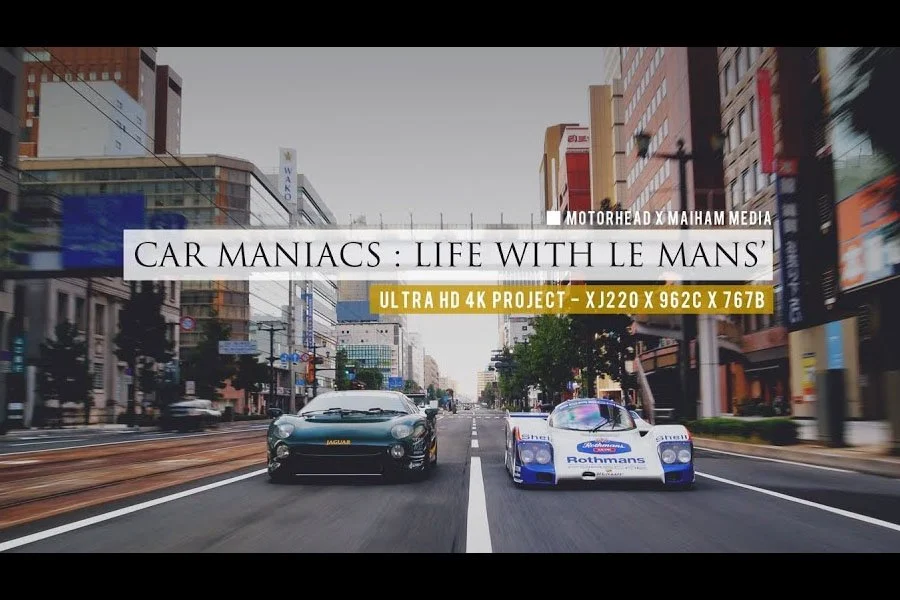One to Buy: the ex-Guy Jackson / Cornelius Kenslo Thompson 1955 Jaguar D-type
/ Ben Tyer
With its record of three outright victories (in 1955, ‘56 and ‘57), Jaguar’s D-type was the most successful Le Mans racing car of the 1950s.
It featured a radical monocoque construction, double wishbone suspension up front, a solid axle with trailing links at the back plus torsion bars at either end and telescopic dampers all round. Disc-brakes were fitted to both axles along with cast alloy Dunlop-shod wheels.

In the engine bay was a dry-sumped 3.8-litre straight six that pushed out anything from 250bhp to 306bhp. Transmission was through a four-speed all-synchromesh gearbox and twin-plate clutch. A limited-slip differential came on stream at Le Mans in 1955.
In addition to their fleet of works D-types, Jaguar built 54 customer copies.

Set to go under the hammer at RM Sotheby’s Monterey sale between August 17th and 19th is this superb customer spec. D-type: chassis XKD 546.
Originally configured in the spectacular colour scheme of Cream over Red upholstery, XKD 546 was dispatched to Jaguar’s US distributor in December 1955 and a few weeks later was in the possession of Guy Jackson from Chattanooga, Tennessee. Jackson raced the car sparingly, but among his outings were a pair of wins at Boca Raton.

The second owner, Cornelius Kenslo Thompson of Alabama, used the car more extensively and added to XKD 546’s domestic win record.
The car has an interesting known from new; it returned to the UK in the early 1980s, underwent a restoration by Gary and John Pearson in the early 1990s and later that decade joined the collection of actor Nicolas Cage.






























































